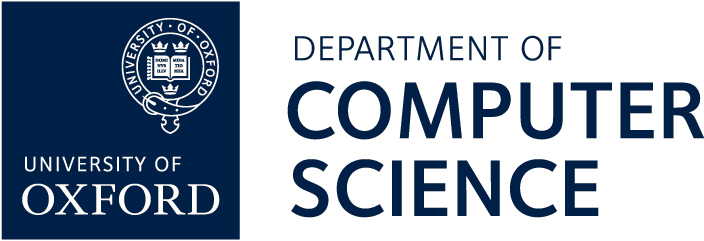FHIES 2013 — Call for Papers (now closed)

Scope
FHIES seeks contributions from both the solution domain (engineering methods) and the problem domain (healthcare and health informatics). Solution-domain papers should present their methods in the context of a concrete application in healthcare, while problem-domain papers should be devised to educate the methods community about unique challenges and characteristics of the healthcare domain. Submissions should seek to inform and further the development, adaptation, evaluation and adoption of formally based and rigorous engineering methods in health care systems. Topics of interest include but are not limited to:
- Research on how computational models, techniques and tools of analysis and verification (including modeling notations, semantics, logics, techniques of model checking, runtime monitoring, and simulation) can be applied to problems of health informatics (such as monitoring health organisations, modelling workflow and resource management, quality assurance, privacy and security)
- Modelling, design and verification techniques and innovative practices of software-based ICT and software-intensive medical devices (including conformance to regulatory regimes, interoperability between devices and with information systems, integration across institutions and jurisdictions, model-driven development, agent-based computing, cyber-physical systems and sensor networks)
- Application and integration to health informatics of foundational methods from different disciplines in engineering and science (including automation of clinical guidelines, ontology development and reasoning, cloud computing and social networking, mobile devices and pervasive computing, human-computer interfaces)
- Foundational research on characterizing and formalizing specific engineering challenges of ICT-based health service delivery in different settings, especially in the developing world.
Submissions
We solicit high quality full submissions in the following categories:
- original research contributions (16 pages max)
- application experience, case studies and software prototypes (16 pages max.)
- surveys, comparisons, and state-of-the-art reports (16 pages max.)
- position papers that define research projects with identified challenges and milestones (8 pages max.)
We also invite short submissions for special sessions:
- student papers on work in progress on an MSc or PhD project (4 pages max.)
- tool demonstrations (2 pages max.)
- proposals to organize birds-of-a-feather sessions or panels (2 pages max.)
- ADDITIONALLY: extended abstracts (2 pages max.)
Submissions should be in English, prepared in the LNCS format (see Springer’s website for details), and all page limits are measured in this format. Full submissions (those in the first four categories above) will be judged on the basis of originality, contribution to the field, technical and presentation quality, and relevance to the symposium; student papers will be judged on clarity of description and the promise of interesting results; tool demonstrations, BOF proposals, and extended abstracts will be judged on relevance to the symposium. All papers will be peer-reviewed by at least three program committee members. Papers should be submitted via EasyChair. Submission constitutes a commitment for at least one author to attend the symposium and present the paper, if it is accepted.
Publication
All accepted submissions will be distributed in a technical report at the Symposium. After the event, postproceedings will be published in Springer LNCS. Authors of all accepted full submissions will be invited to revise their papers, in order to resolve any larger issues raised during reviewing. Authors of accepted short submissions will be invited to submit full papers for review and LNCS publication too. In addition, a special issue of a suitable journal is planned, focusing on the overall objectives of FHIES: this will have an open call for contributions.

Downloadable version
Here are PDF and plain text versions of the call for papers, for distribution.

